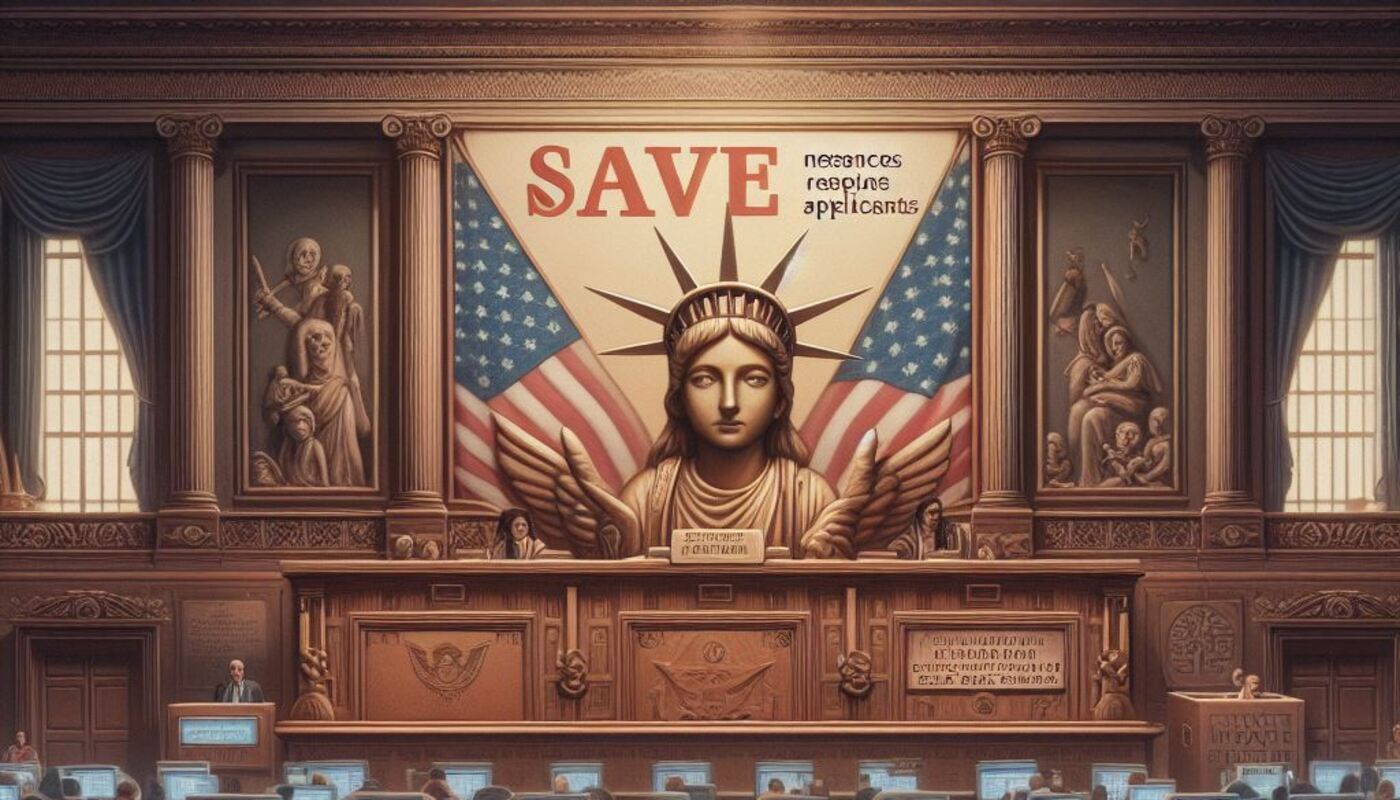On Tuesday evening, the Texas House of Representatives approved one of the nation’s most contentious and stringent immigration laws. The bill, known as SB 4, is now awaiting the signature of Texas Governor Greg Abbott.
The legislation, considered during the fourth round of a special legislative session initiated by Governor Abbott, establishes two new state crimes for migrants entering or re-entering Texas illegally, carrying penalties of up to two years in prison. A particularly contentious provision grants local and state law enforcement officials the authority to arrest migrants suspected of unlawful entry, while judges can order some migrants to return to their country of illegal entry instead of facing prosecution. Non-compliance with such orders could lead to second-degree felony charges, with potential imprisonment of up to 20 years.
Critics of SB 4, including state Representative Jolanda Jones, have decried the legislation as “racist,” emphasizing the potential for racial profiling and undermining constitutional and international protections for asylum seekers. The bill does not allocate funds or mandate training for officers on immigration law, despite empowering them to make swift decisions on individuals’ immigration status.
There are concerns that the law may lead to the separation of parents and children, and could spark lawsuits and an international dispute with Mexico. The legislation could result in migrants being sent across the southern border, irrespective of their legal status, potentially triggering legal challenges and international tensions.
Some opponents argue that the bill may be introduced to provoke a challenge to a 2012 Supreme Court decision (Arizona v. United States) affirming federal authority over immigration enforcement. SB 4’s focus on undocumented immigrants could potentially lead to race being used as probable cause for apprehensions, according to critics.
The Department of Homeland Security declined to comment on the specific legislation but emphasized that the federal government is responsible for determining the removal of noncitizens and that state actions conflicting with federal law may be invalid.
While lawmakers have previously reviewed multiple versions of SB 4, disagreements between Democrats and Republicans have hindered its progress. Republican state Sen. Brian Birdwell expressed concerns that the bill challenges federal jurisdiction and violates the Constitution, emphasizing the need to respect federal authority. On the other hand, State Sen. Charles Perry, the bill’s current author, defended its legality, asserting the state’s right to protect its citizens.
Source: MSN



















